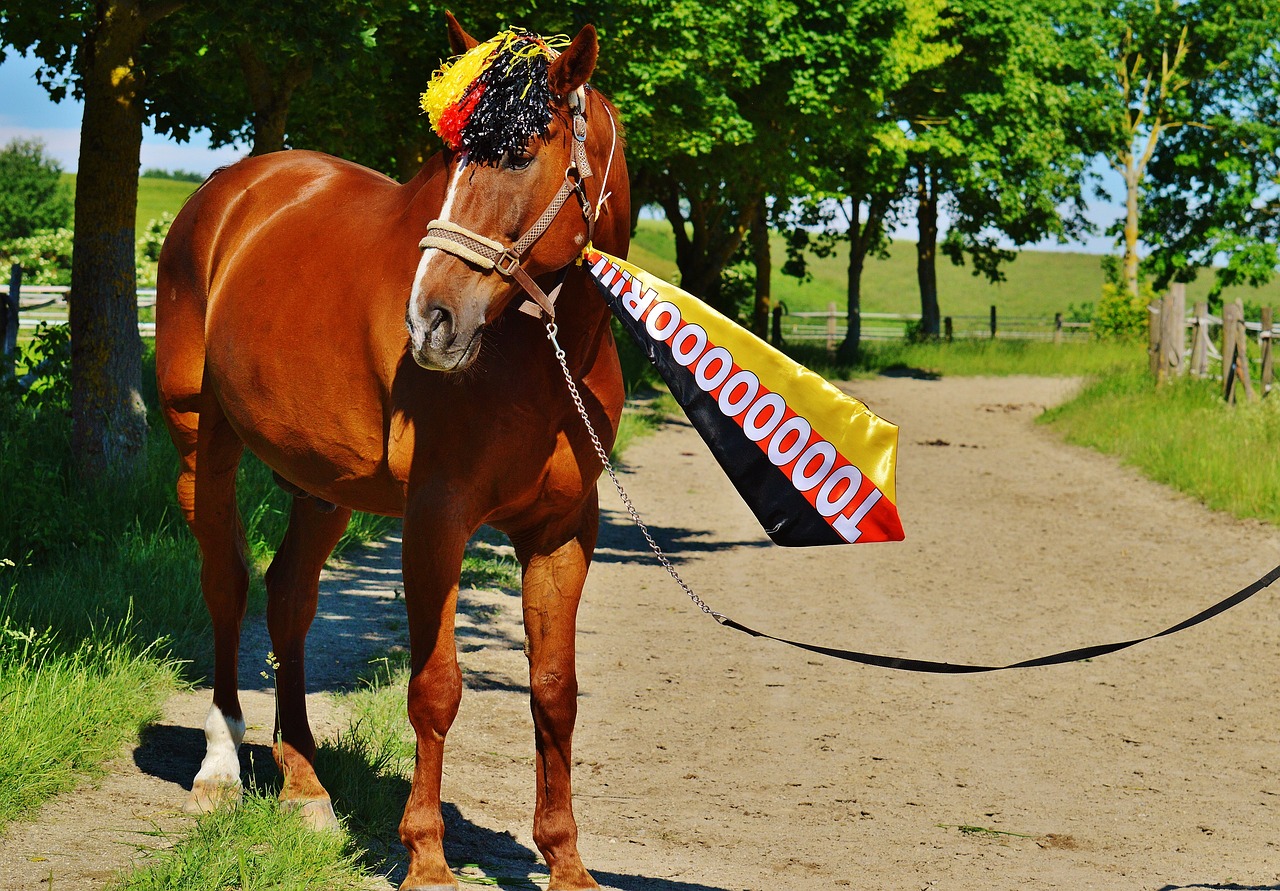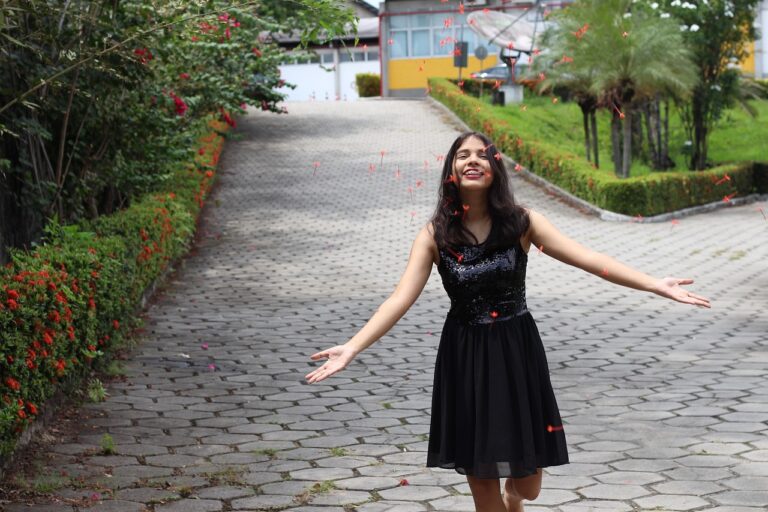Analyzing the Influence of Editing on Film Criticism and Scholarship: Goldenexch99, Cricbet99 club.com, King567 login
goldenexch99, cricbet99 club.com, king567 login: Analyzing the Influence of Editing on Film Criticism and Scholarship
Film editing is a crucial aspect of the filmmaking process that greatly impacts how a movie is perceived by its audience. The way a film is edited can affect the pacing, rhythm, mood, and overall storytelling of the movie. As such, it is essential to analyze the influence of editing on film criticism and scholarship to understand how this process shapes our perceptions of cinema.
Understanding the Role of Editing in Film
Editing in film refers to the process of selecting and assembling raw footage to create a coherent and engaging narrative. It involves cutting, rearranging, and manipulating sequences of shots to create a final product that conveys the filmmaker’s intended message and vision. The editing process can greatly influence the tone, pacing, and emotional impact of a movie.
Impact on Film Criticism
Film critics play a crucial role in evaluating and analyzing movies based on various criteria, including editing. The way a film is edited can significantly impact a critic’s perception of its quality. For example, fast-paced editing techniques may be praised for creating a sense of energy and excitement, while slow and deliberate editing can be criticized for being boring or dragging the story.
In addition, editing can influence how a film’s narrative unfolds, shaping how critics interpret its themes, character development, and overall storytelling. Understanding the editing choices made by filmmakers can provide insight into their creative vision and intentions, which can inform critiques and analysis of a movie.
Impact on Film Scholarship
Film scholars study the art of cinema in-depth, analyzing various aspects of filmmaking, including editing. By examining the editing techniques used in a film, scholars can gain a deeper understanding of its narrative structure, visual style, and thematic elements. Editing choices can reveal insights into a filmmaker’s storytelling strategies, visual language, and overall creative process.
Moreover, studying how editing influences the viewer’s experience can shed light on the psychological and emotional impact of different editing styles. Scholars can explore how editing techniques such as continuity editing, jump cuts, and montage contribute to the audience’s engagement with a film and their emotional response to its content.
Overall, analyzing the influence of editing on film criticism and scholarship is essential for gaining a comprehensive understanding of how editing shapes our perceptions of cinema. By examining the role of editing in shaping a film’s narrative, pacing, and emotional impact, critics and scholars can provide valuable insights into the artistry and craftsmanship of filmmaking.
FAQs
1. How does editing impact the pacing of a film?
Editing plays a crucial role in determining the pace of a film by controlling the rhythm and flow of the narrative. Fast editing can create a sense of urgency and excitement, while slow editing can build tension and suspense.
2. What are some common editing techniques used in filmmaking?
Some common editing techniques include continuity editing, jump cuts, match cuts, and montages. Each technique serves a specific purpose in enhancing the narrative and visual style of a film.
3. How can understanding editing enhance film criticism and scholarship?
Understanding the impact of editing on a film can provide valuable insights into a filmmaker’s creative vision and storytelling techniques. Critics and scholars can analyze editing choices to gain a deeper understanding of a film’s themes, character development, and overall narrative structure.







